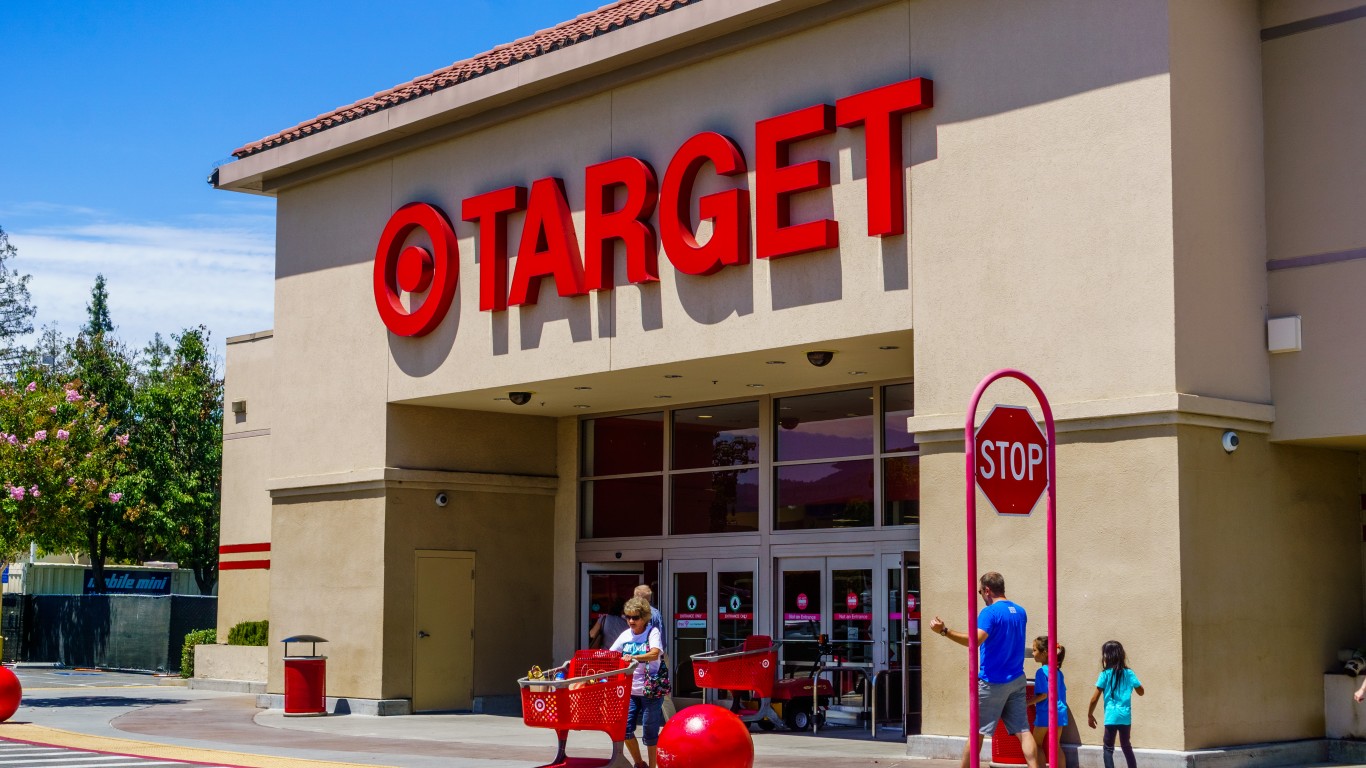
"Departing CEO Brian Cornell will become the Executive Chairman. That means he will continue to run Target, at least in part. That is not much of a punishment given the failure of his tenure. Michael Fiddelke, who has been both COO and CFO, will become the new chief executive. Given his previous jobs, he contributed almost as much to Target's failure at Cornell."
"Cornell and Fiddelke have brutally beaten investors. The stock is down 35% over the last five years. The S&P 500 is up over 90% in the same period. Shares in arch-rival Walmart ( NYSE: WMT) are up 119%. Costco's ( NASDAQ: COST) shares are up 185%. In the second quarter, Target's revenue was down fractionally to $25.2 billion. However, EPS sank 21% to $2.05. According to Morningstar, the last time Target had an annual improvement was in 2022."
"Whatever else management did to hammer revenue, among the most damaging was how Cornell positioned the Target. He used the term "differentiator." He recently commented, "We're not like other retailers, which is precisely what consumers have told us they value about Target." People who shop at Walmart, Costco, and other large retailers did not seem to get his message. (It is amazing to look at Target.com and compare it to Walmart.com. No one could think that the smaller retailer is differentiated at all."
Target experienced significant operational and financial decline driven largely by management mistakes. The board promoted Michael Fiddelke, previously COO and CFO, to CEO while Brian Cornell becomes Executive Chairman and will continue to exert control. The stock fell 35% over five years versus large gains for the S&P 500, Walmart, and Costco. Second-quarter revenue fell slightly to $25.2 billion while EPS dropped 21% to $2.05. Management emphasized Target as a "differentiator," but customer perceptions did not align and the company lists "differentiate" and "positive perceptions" among its risk factors. Strategic missteps and perception failures harmed sales and shareholder returns.
Read at 24/7 Wall St.
Unable to calculate read time
Collection
[
|
...
]